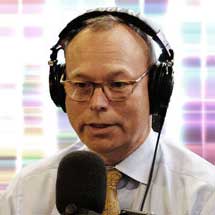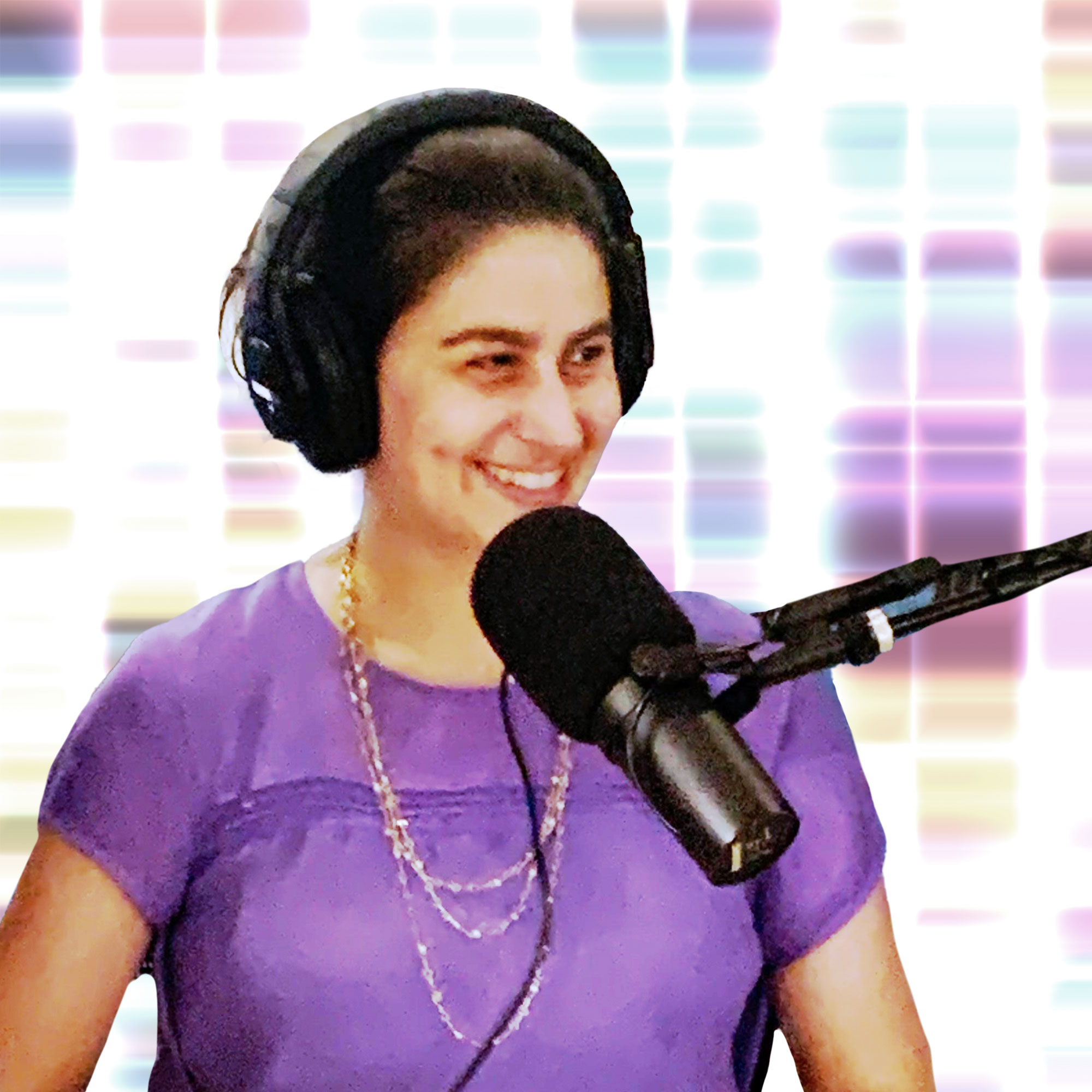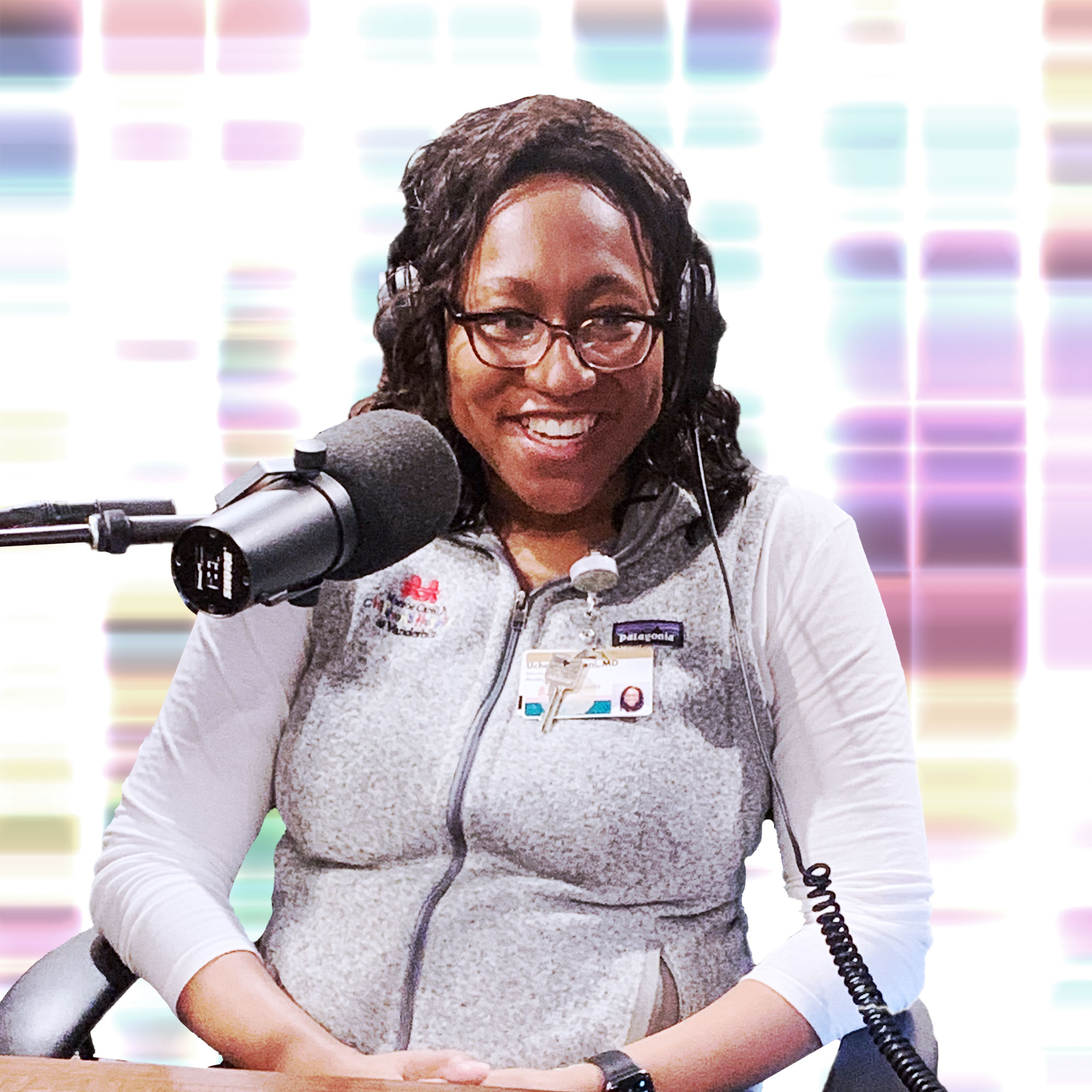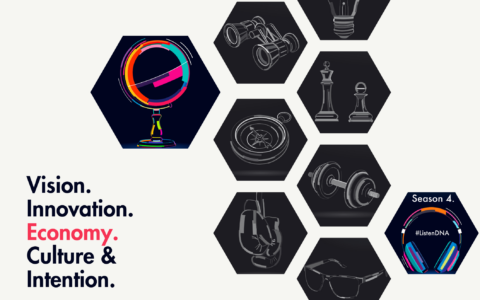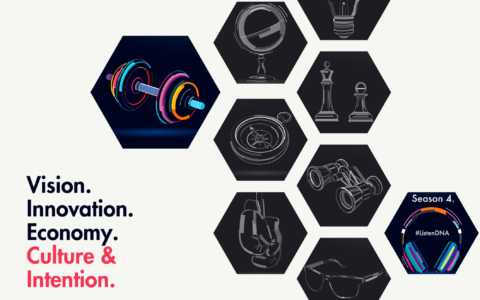The fragility of life probably hit at some point in the last two years, and left you wondering, ‘what if it’s me?’
Although the novel coronavirus slapped this conversation on the table for society as a whole – the ‘what if’ is a conversation that happens countless times a day around the globe.
We’re exploring why it’s crucial to take stock and assess from time-to-time what’s important to you. We know what it means to live confidently on our terms – and shouldn’t we want to leave this world on our terms? (Don’t worry, this doesn’t get morbid or melancholy.)
“We’ve designed healthcare so the edifice of healthcare is the command-and-control structure, and that’s not what people want. And frankly, it doesn’t work very well. What we’re talking about with end-of-life care is very much the same as what we’re talking about with letting people figure out when they need to go to the doctor and where to go and making that really easy for them to make an appointment online, those kinds of things. Making end-of-life care planning that simple is going to be key to making it such that everyone will want to do it and can do it. It’s got to be easy and it’s got to be normal, just like going out to dinner,” said Jeff Balser, MD, PhD, President and Chief Executive Officer of VUMC and Dean of Vanderbilt University School of Medicine.
“I’m an anesthesiologist. My initial training was in anesthesiology before I trained in the ICU. And in anesthesiology, it’s all about preoperative preparation, not having the patient smoke for a period of time before surgery, doing all these things to optimize their physical outcome. Well, what about optimizing the mental outcome? And part of that might be preparation for a bad outcome, and that’s something that we’ve avoided. Or you might spend not three days in the hospital, but three months. What does that mean for you financially? You may have health insurance, but you may not be able to keep your job,” said Balser.
‘Unfinished business’
Tackling weighty conversations is part of personalized medicine—just as everyone’s genetic makeup is distinctive, their perspective on life and the inevitable end is individual.
“Really understanding where people are and really helping them think deeply about what the possibilities are, I think is really important. What it means is that we have such an awakening of our population around what life and end of life mean that we get comfortable with the conversation,” said Balser. “It’s not just preparing people for death. It’s preparing people for some other than the optimal outcome. Honestly, some of these outcomes are harder to prepare people for than death, depending on how we’re wired. There are a lot of people who will say, “I understand I might die, but if I’m actually going to go blind, I don’t want to have this procedure.”
Uchenna Anani, MD, assistant professor of clinical pediatrics in the Division of Neonatal Perinatal Medicine at Monroe Carell Jr. Children’s Hospital at Vanderbilt and core faculty of the Center for Biomedical Ethics and Society, and Mariu Duggan, MD, MPH, Assistant Professor in Medicine in the Division of Geriatrics and clinical director of geriatrics at Vanderbilt University Hospital, experience the individuality in their respective practices.
There is no cookie cutter set of preferred outcomes or values driving decision-making. It’s key, they said, to ask what matters in that moment – what are the goals that bring fulfillment and some kind of peace.
“Everybody’s different. We have some folks who tell me, ‘Hey, I’m 85. I’ve lived a really great life. And when it’s my time to go, I’m ready. I’m at peace.’ And then we have other patients where they want to be here as long as they can. They have a lot of unfinished business. And they are willing to go through more burdensome treatments, even if the chance of reaching a goal, even if the chance of getting some potential benefit is lower. They’re willing to undergo that burden. We’re often asking patients where they are on that spectrum,” said Duggan.
‘We’ve been afraid’
Advanced directives, an esoteric term for a pre-considered plan that’s sometimes known as an “end-of-life care plan,” do more than check boxes about medical procedures. They can spark meaningful, reflective conversations that the U.S., as a society, doesn’t conduct well.
“It becomes something that we embrace and use the knowledge of to enrich the life we’re living, and that’s just not the way America thinks about death,” said Balser. “One of the reasons we’re spending enormous amounts of money in the last 18 months of life, doing things people weren’t really sure they wanted in the first place, is because we’ve been afraid to have those discussions. We need to start much, much earlier re-educating people about how to think about death, not just to do the mechanics of figuring out whether people want to be on a ventilator or not. And I’m just hoping that by regularizing the end-of-life care plan as part of healthcare, we might start to make some moves in that direction.”
Duggan recalled the experience within her own family as they navigated care for Grandma Tata whose dementia became more advanced. She took an advanced directive on the flight and prepared to convene a family meeting.
“I think, while advanced directives can be an incredibly helpful document for healthcare providers to respect what’s important to patients when they’re in their clear mind and they’re able to put down on paper what matters most to them and what burdensome treatments they may not want to have, I think the most important is for patients to have those conversations with their family members,” said Duggan.
‘I just figured it out. That’s not optimal’
Medical training needs to reframe the issue and teach ways to navigate the hard discussions that are an inevitable part of the practice.
“There’s this terminology that goes around called the hidden curriculum. I find that very triggering because I’m like, why is it so hidden? Compassion and care and respect for others should not be this unsaid thing,” said Anani. This should be something that we actively teach and understand and grow in our field of practice each and every day. I want to be able to bring that forward as a more tangible, obvious learning objective and goals for all trainees and continuing education for physicians.
Balser had his first discussion with a patient who was dying as an intern – alone.
“It wasn’t like I got any practice. I just figured it out. That’s not optimal. We are now thinking very differently about what the curriculum is around these issues, and some super progressive and neat stuff is happening around medical education, around not just requiring this as sort of an expectation in training, but actually building observed practice opportunities. … So we’re just getting better and better at this, but it’s going to take years before that generation of physicians is actually out there practicing because the generation you’ve got right now is pretty much on their own,” said Balser.
Tune in on your favorite platform: Apple Podcasts, Google Podcasts, Spotify, Stitcher, Pandora, and the Health Podcast Network. New episodes drop every week.
Join the conversation on Twitter and LinkedIn with #ListenDNA and by following @VUMC_Insights.



